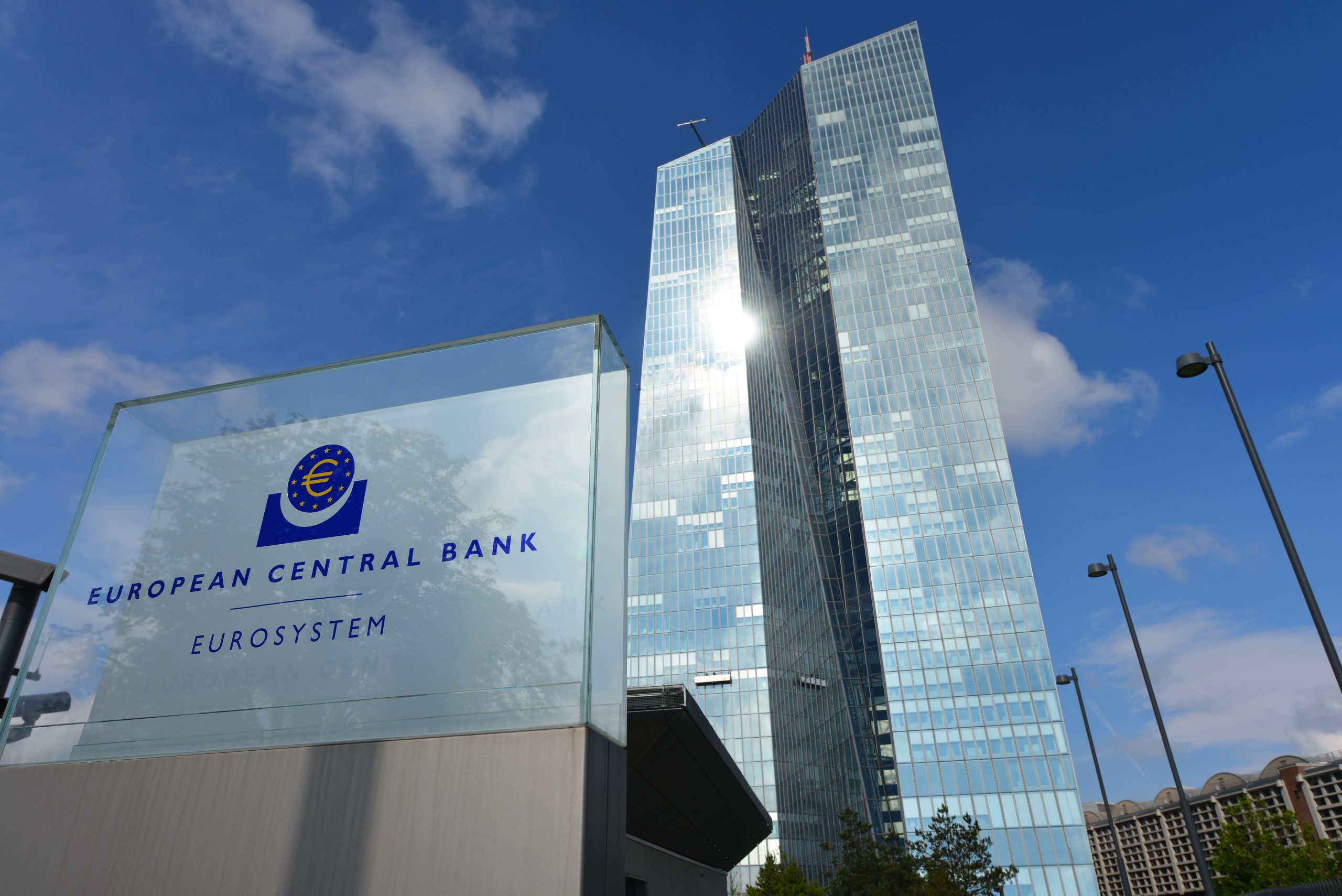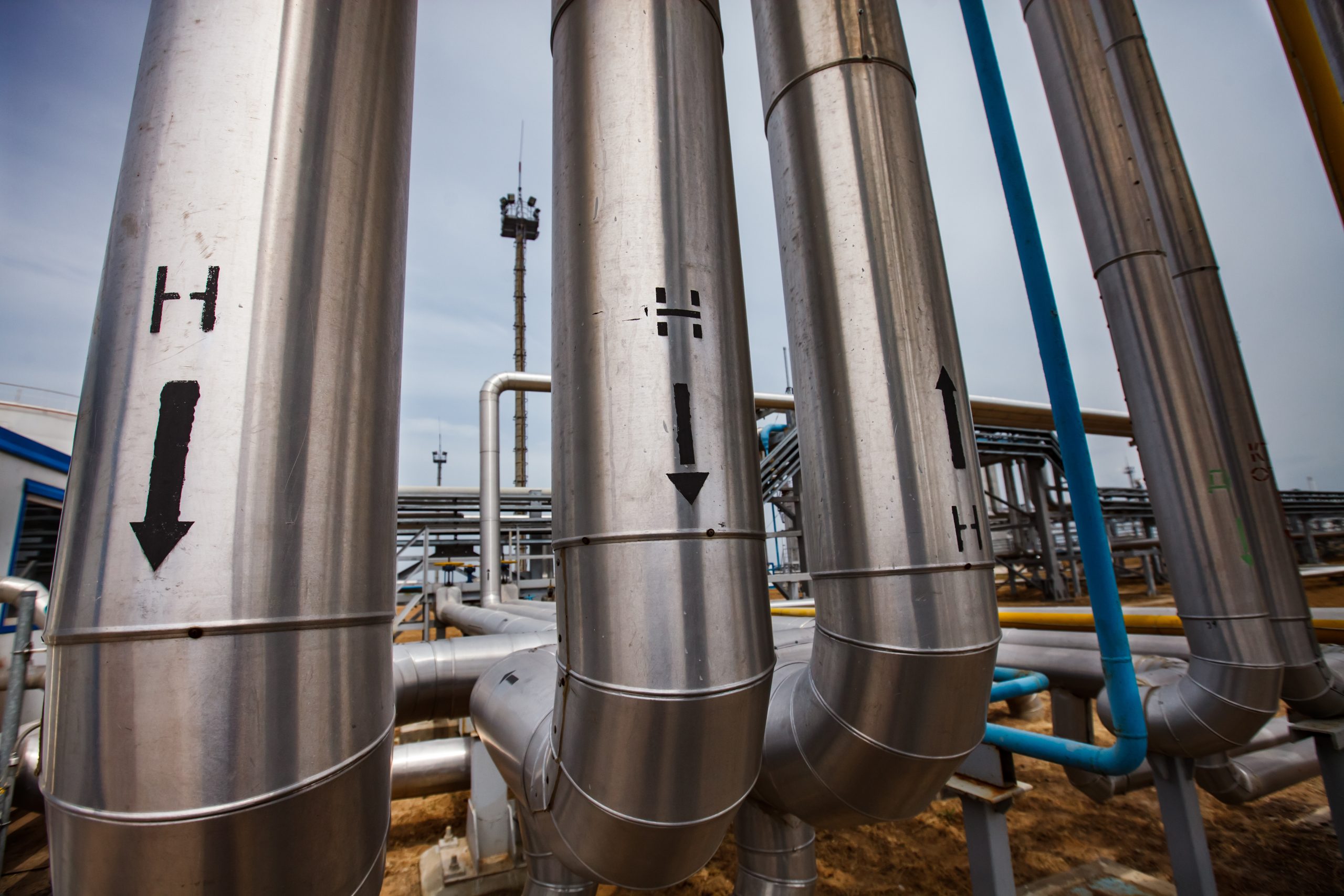Hydrogen Use Cases Across the EU Continue to Grow

To reduce greenhouse gas emissions in line with climate plans and the internal energy market, the EU is working on a package for hydrogen and decarbonised gas markets.
In February 2023, the Energy Committee backed the Commission’s proposals to facilitate the entry of low-carbon renewable gases, including hydrogen and bio methane, into the EU gas market.
The proposed legislation would introduce a certificate system for low-carbon gases and make it easier for consumers to switch suppliers to choose renewable and low-carbon gases over fossil fuels.
Hydrogen in future gas markets
The representatives want to ensure sufficient cross-border transfer capacity in order to establish an integrated European conductor market and enable its free transfer across borders.
Parliament and EU member states are still negotiating the final form of the rules since it is not an easy task any many things need to be taken into consideration.
Hydrogen as one of the alternative fuels in the EU
The EU is moving away from dependence on Russian fossil fuels and working towards the goal of being climate neutral by 2050. The Commission therefore presented in 2022 the REPowerEU strategy for cheaper, safer and sustainable energy. Under that plan, the European Union would have to increase its carbon production from renewable sources by 2030. The new proposal is to increase annual production to 20 megatons of hydrogen, up from 10 megatons as proposed in the 2020 Hydrogen Strategy.
As part of the package to reduce greenhouse gas emissions, known as “Ready for 55%”, members of EU Parliament in October 2022 adopted their position on draft new rules for the installation of electric charging stations and stations for alternative fuels. In 2021, there were only 136 hydrogen filling stations in the European Union.
In March 2023, the Parliament and the Council defined mandatory national targets for the installation of infrastructure. The new rules envisage the installation of hydrogen filling stations at least every 200 km on the EU’s main roads by 2031.
Parliament approved the new rules in July 2023, which will come into force after approval by the Council
Hydrogen as an economic opportunity
Developing the European hydrogen economy creates new economic opportunities and will increase the EU’s competitiveness. The supply, storage and distribution of renewable hydrogen will have to become more efficient, less costly and more reliable. Research and innovation are key to achieving these goals.
A number of studies show that an EU energy system having a significant proportion of hydrogen and renewable gases would be more cost-effective than one relying on extensive electrification. Research and industrial innovation in hydrogen applications is an EU priority and receives substantial EU funding through the research framework programs.
Hydrogen projects are managed by the Fuel Cells and Hydrogen Joint Undertaking (FCH JU), a public-private partnership supported by the European Commission. The EU hydrogen strategy, adopted in July 2020, aims to accelerate the development of clean hydrogen.
The European Clean Hydrogen Alliance, established at the same time, is a forum bringing together industry, public authorities and civil society, to coordinate investment.
Almost all EU Member States recognise the important role of hydrogen in their national energy and climate plans for the 2021-2030 period. About half have explicit hydrogen-related objectives, focused primarily on transport and industry.
The Council adopted conclusions on the EU hydrogen market in December 2023, with a focus on renewable hydrogen for decarbonisation, recovery and competitiveness.
Byline: Petra Čotić

